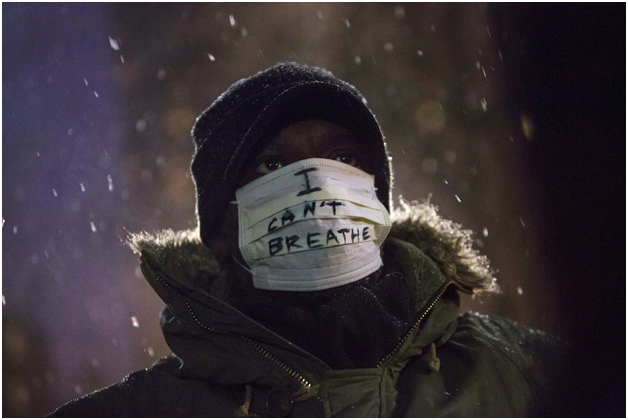Nagaland Media, Trapped Between the Army and the Insurgents
State of the media in Nagaland (representational image)

DIMAPUR: On Monday India celebrated the National Press Day but in Nagaland, we marked it with great agitation.
It has always been the ways of the world to victimize, incarcerate, immobilize and render the messenger impotent, often even eliminate the messenger. It has always been the ways of the world to make false accusations and brand the messenger ~ because the message is inevitably unpalatable to the powers-that-be including the political, social, economic and cultural power elites and structures therefore by victimizing the messenger, the message is sought to be suppressed.
Clearly, because the message disturbs, it has always been believed that by silencing the messenger, the message would be silenced too. However, this strategy has never worked because messages have an inexorable way of surfacing in their own good time. The tragedy today is that the same strategy is still blindly followed despite the numerous advances humankind has made in all fields. The tragedy today is that we have failed to learn, even acknowledge the lessons of the past, the lessons of history.Thankfully, these lessons were not lost on thinking people, who realized that it is only an informed, and an aware and educated population that could propel its own well-being and the quality of human life every which way.
A long time ago, the institution of the Fourth Estate emerged as a consequence of this thinking, which necessarily saw the Fourth Estate as a natural corollary of the three pillars of democracy – the legislature, executive and the judiciary. History is replete with evidence of how the functioning of the four pillars of democracy has strengthened democracy and changed the lives of oppressed people.
But the world still has a long way to go and this is evidenced by the way voices are still being stifled and silenced through means that should have ended with the Dark Ages. We need to constantly remind ourselves of the stifling and silencing of voices in India particularly and the world at large in the past few years.
In Nagaland, the stifling and silencing of voices has become almost a culture, a tradition, by all kinds of forces that see themselves as the powers-that-be, that see the Fourth Estate here as impediments to their aspirations, nay their agenda, and their briefs ~ we in the local media stand witness to that. Instances are inexhaustible but the latest is the “notification” that was issued to all media houses in the state by the Assam Rifles last month, which clearly stated that some articles, in relation to a particular banned group, published in local newspapers “can be construed as providing support to an Unlawful Association”, quoting the Unlawful Activities (Prevention) Act 1967.
This is a false accusation and branding of the local media, whereas in reality we are only the messengers and the public, the world, knows that we have not shown any favour, much less support, to any group, banned or not. If we had, there would have been no inexhaustible instances of the stifling and silencing of voices ~ if we had, the stifling and silencing of voices would not have become almost a culture, a tradition, in Nagaland. The aforesaid “notification” also indicates that the Assam Rifles, perhaps other security forces deployed here too, appear to be quite confused, quite unclear and quite unsure about the difference between news and views, as also between publicity and propaganda. And because the Armed Forces (Special) Powers Act, 1958 (AFSPA) is still in force and enforced in Nagaland, and because armed groups, banned or not, still operate here, the position of the Fourth Estate in the state, lies precariously between the Devil and the Deep Blue Sea.
Against this background, it is a contradiction in terms to celebrate the National Press Day but we observed it with all the solemnity the day signifies for the despondent Fourth Estate of Nagaland because we have vowed to uphold the finest traditions of democracy in our land on our own volition ~ because the people not only have the right to freedom of speech and expression but correspondingly the people also have the right to be informed and the right to information.
The Fourth Estate, the local media, in Nagaland observed the National Press Day this year too with all the solemnity the day signifies because we have dedicated our lives, which may not be of worth to anyone, to the universal ideals enshrined in the Charter of the United Nations.
(Tiamerenla Monalisa Changkija is a poet and writer.She is the editor and proprietor of the Nagaland Page, an English daily. Her books include Weapons of Words on Pages of Pain (1993)).



